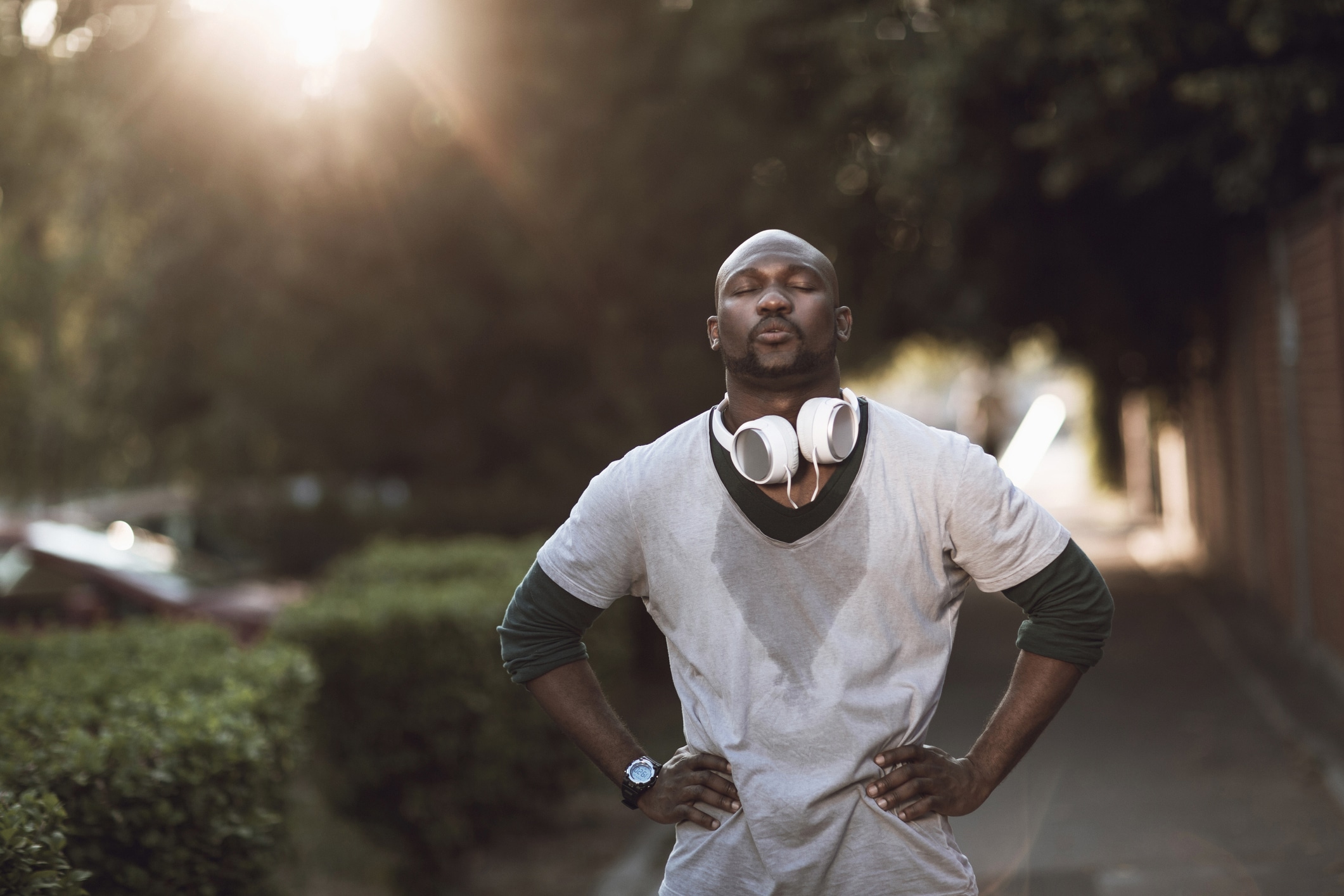
We do not want to stop our regular runs or other exercise as the temperature continues to climb but working out in the heat and humidity can be grueling.
Along with making the workout more strenuous, exercising in the heat can be hard on our body and have serious, even deadly, effects so we must take precautions. The increased heat and humidity stress the body and increases body heat during exercise.
Heat exhaustion and heat stroke are among the possible illnesses that could result from exercising in the summer heat so monitor your body to try to avoid all health complications from minor concerns to medical emergency.
If you are going to continue to exercise as temperatures rise, here are some tips for safe and productive exercise:
- HYDRATE! HYDRATE! HYDRATE! Drink water before, during and after your workout. We should drink fluids throughout the day.
- Avoid dark clothing, the lighter the better, and wear lightweight, breathable clothing including wicking material that absorbs sweat.
- Wear a hat.
- Use sunscreen.
- When possible, avoid the heat of the day with the highest temperatures and most intense sunlight. The ideal times are early morning or later in the evening.
- Exercise in the shade or avoid direct sunlight as much as possible.
- Take breaks or slow your pace if necessary. Your body will perform differently in heat and your expectations should reflect that reality.
- Listen to your body. You know your body. If you feel something is wrong, stop immediately. Watch for cramping, fatigue, exhaustion, weakness, headaches, being lightheaded, nausea or high heart rate. There are other symptoms so pay attention to your body.
- If you feel unwell, seek cooler temperatures and shade immediately.
- Help your body by gradually building up. Don’t jump into heavy activity. Your body will need time to adjust, especially to the heat. Over time, you can add time and intensity.
- Find indoor activities if possible.
- Closely monitor your time in the heat.
- A wet towel or other cloth can help cool your body temperature.
If you have any questions or concerns, talk to your doctor. Your physician can address your routine and any possible effects of your medication.
When exercising outdoors, regardless of the time of year, monitor the weather, plan and ensure you are adequately prepared.
Be safe!









